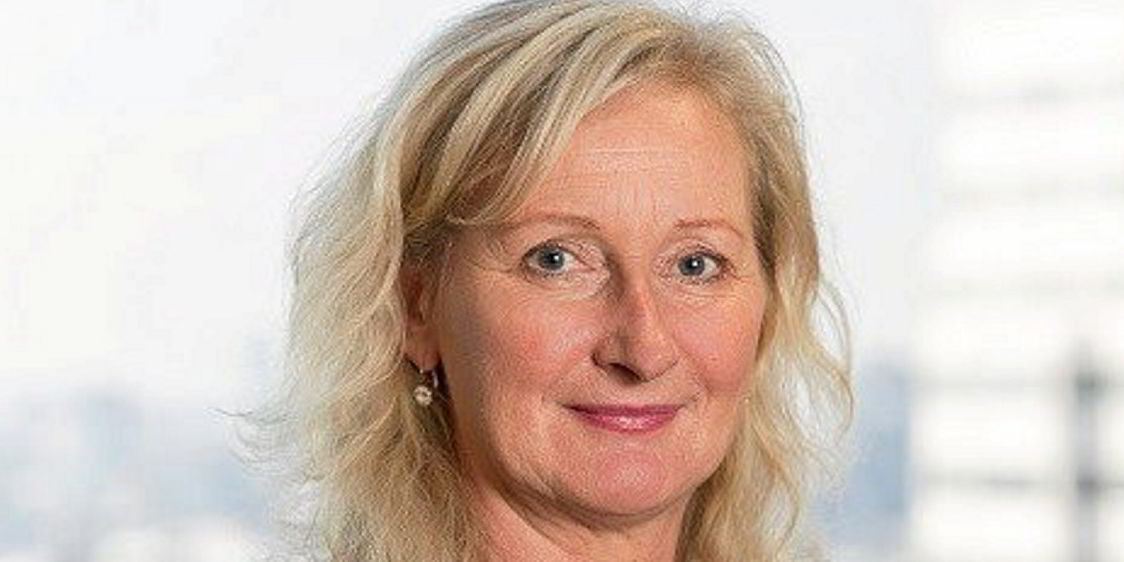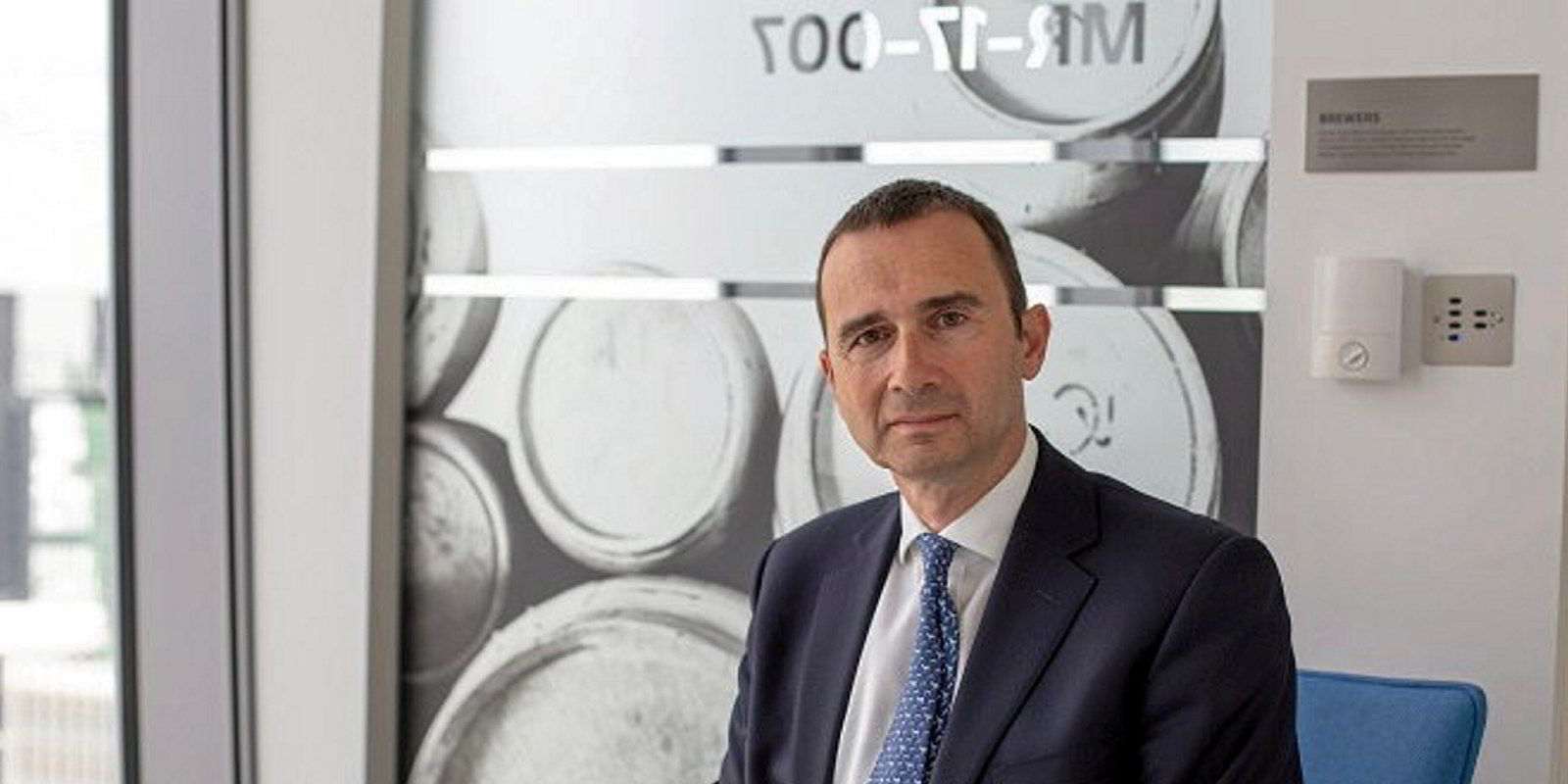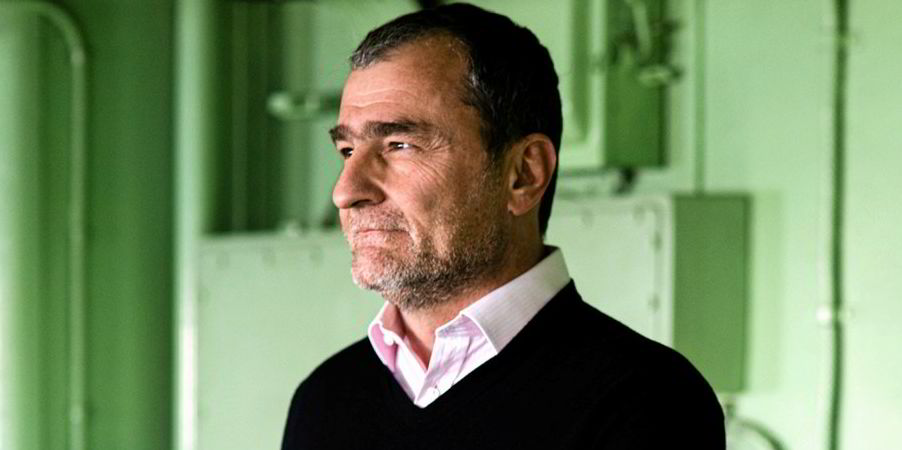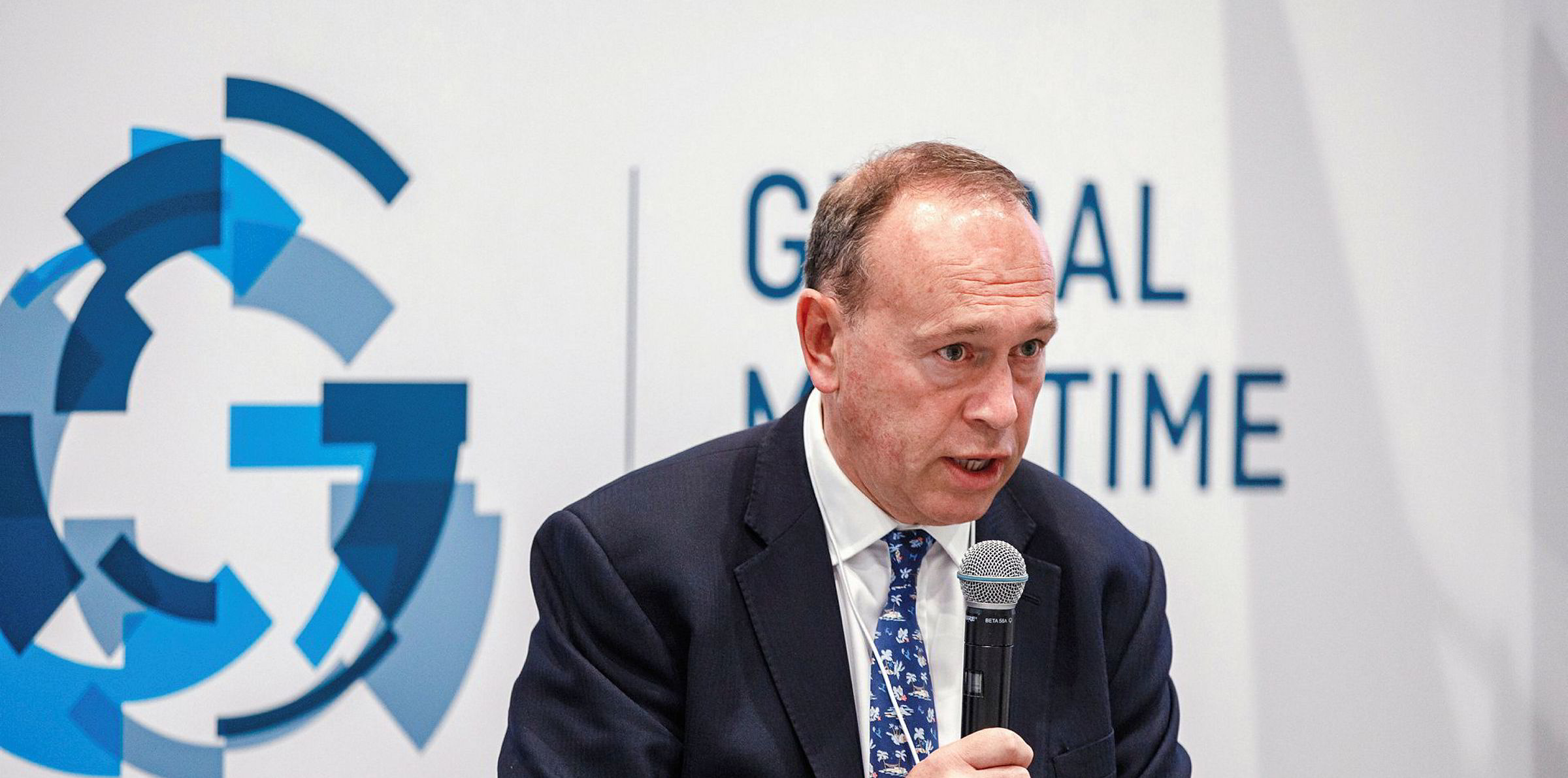Underwriters addressed the risks posed by shipping’s transition to zero-carbon emissions at the opening of the International Union of Marine Insurance (IUMI) annual event.
The conference, scheduled to take place in Seoul, is being held online because of the pandemic.
The increased use of new technologies and alternative fuels threatens to bring with it a new set of risks for marine underwriters, the conference heard.
“We should give our full backing to the drive towards decarbonisation. But it must be matched by steps taken to ensure that safety is also prioritised and maintained," IUMI president Richard Turner told the gathering.
"Some of the new potential alternative fuels are not without risk and it will take a collaborative effort between all parties — plus no doubt some evolution in the regulatory environment — if we are to tackle this coming risk phase without mishaps,” he said.
IUMI head of policy Helle Hammer said insurers had a role in helping shipowners to make the transition.
She urged the International Association of Classification Societies and the International Maritime Organization to develop rules that would help guarantee the safety of alternative fuels.
"This will ensure the safety of the crew and enable marine underwriters to assess and offer necessary financial protection for this new risk profile. Mindful of the time it takes for new regulation to come into force, we urge IMO and other regulators to begin work now,” Hammer said.
Environmental performance
Johannah Christensen, chief executive of the Global Maritime Forum, urged underwriters to actively encourage the decarbonisation of shipping by establishing a body like the ship finance sector’s Poseidon Principles.
Through the Poseidon Principles banks monitor the environmental performance of their clients in line with the IMO’s decarbonisation targets.
Underwriters could also monitor the performance of their shipowner clients, it was suggested.
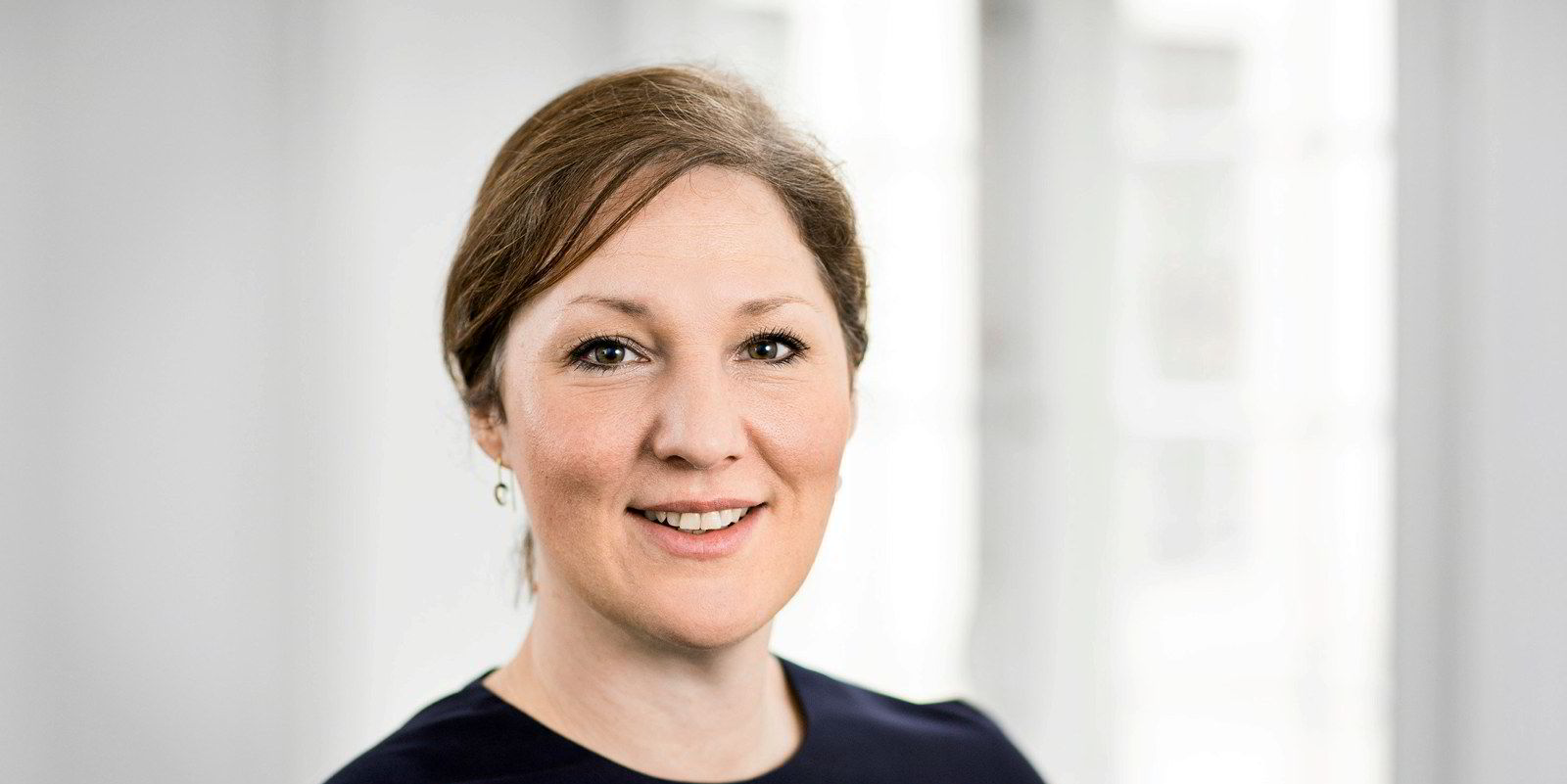
The IMO is considering developing an international safety code for ships using gases or other low-flashpoint fuel and guidelines for the safety of vessels using ammonia as a fuel.
Preventing pollution
Marine underwriters heard from a wide range of experts on environmental matters, including a discussion on the possible role of underwriters in preventing the pollution of the marine environment by plastics.
In a separate development, Hammer also told the conference that IUMI had scored a success in pressing the IMO to act over the issue of containership fires.
She said that, in a worrying trend, fires on larger ships were continuing to increase, although the overall frequency of blazes is in decline.
The IMO will attempt to develop new rules to tackle fires on containerships through amendments to the Safety of Life at Sea Convention, known as Solas.
The IMO has set a target date of 2025 to conclude the work, which could see the updated regulation adopted by 2026 and enter into force by 2028.
The European Maritime Safety Authority has also been tasked with carrying out a safety risk study to better understand the problem and inform the IMO debate.
